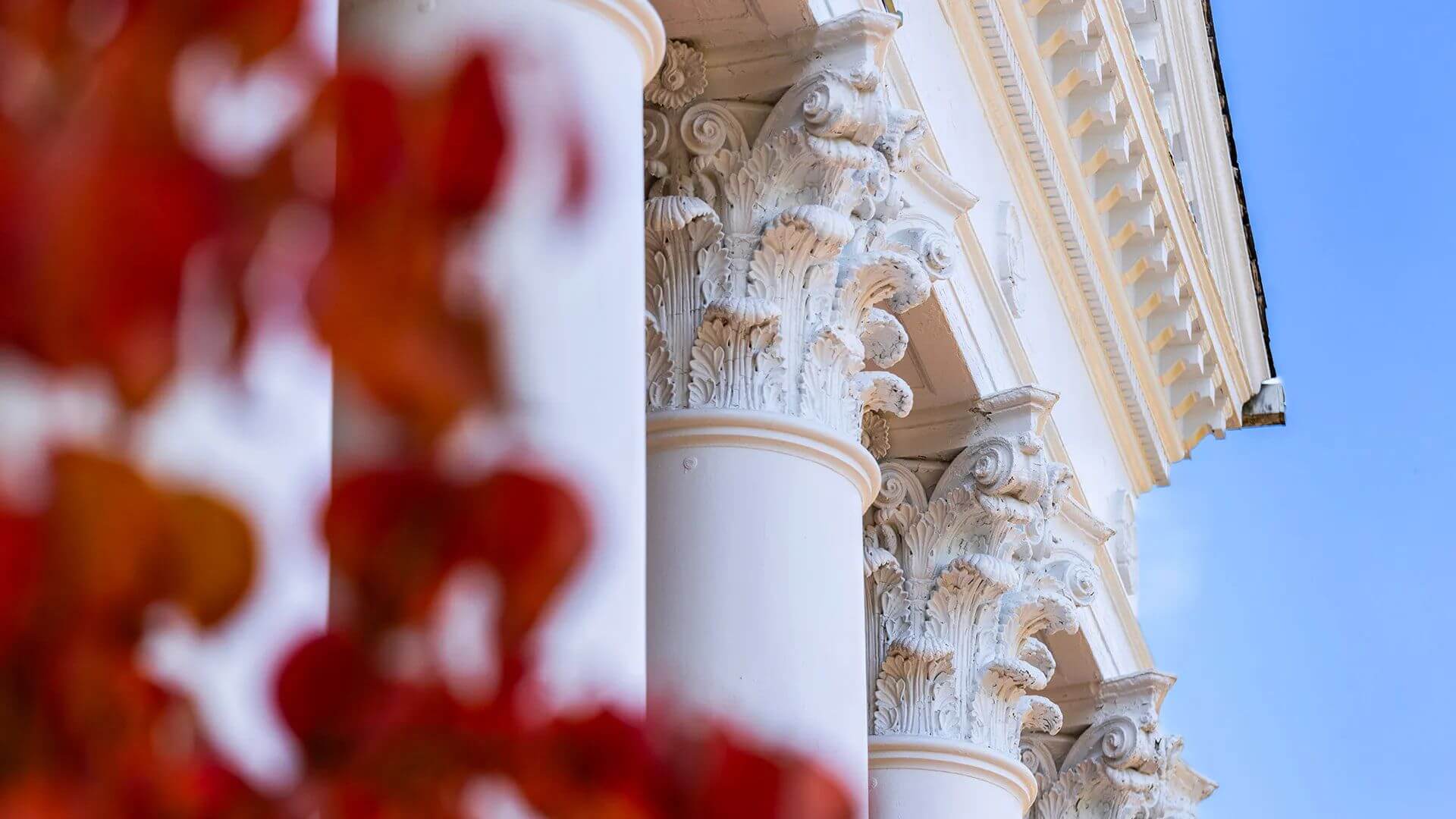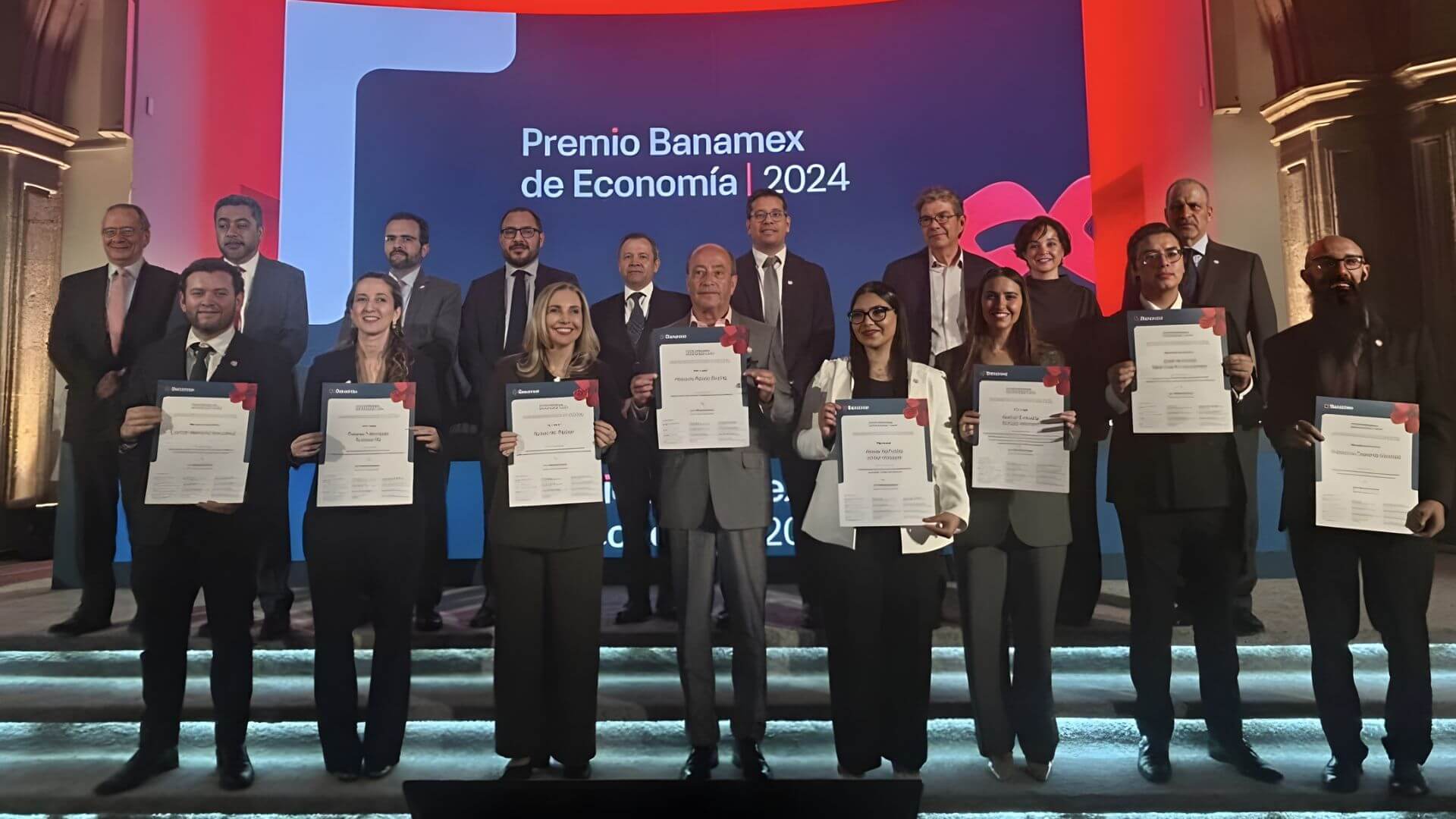
Photo by John T. Consoli
Via Maryland Today / By Ruby Siefken ’26
For a Decade, Students Have Learned Through Awarding Grants to Local Nonprofits
You’re handed $7,500 to donate to any cause in the world. Go.
Or maybe pause to consider: How do I give?
That’s the question first-year students in Carillon Communities, one of the University of Maryland’s living-learning programs, have deliberated each fall for the past decade. They’re in iGive, the community where they learn about philanthropy, innovation and social change—and then make it happen.
In the “Leading and Investing in Social Change” class, students identify and select a pressing social issue in the local community through a multistep discussion and voting process. Then they design a grant process, research organizations that address their issue, select and interview finalists, and award the $7,500 grant in partnership with the School of Public Policy, the Do Good Institute and Carillon Communities.
“The course looks at students as leaders who are interested in creating social change,” said Associate Clinical Professor Patricia Bory, who’s led the community since 2017.
After swarming a whiteboard with their Post-it notes to cast votes on 10 topics, this semester’s class focused on education accessibility for low-income students. Angelique Alphonse ‘28 said early on that she was looking forward to awarding the money because it would have long-term effects on the group later selected.
“As much as I enjoy discussing different issues and potential solutions, enacting actual change and staying up to date with it is really important to me,” she said.
On Thursday, the class held a ceremony to award the Fall 2024 funds to a representative of the Immigration & Refugee Outreach Center, which aids families moving to the Washington, D.C., area from around the world. “This is really thrilling for us, and I think we’ll do really good work with it,” said Matthew Duchesne, who leads grant management.
Many of the students will go on to take the spring “Do Good Now” course, in which smaller teams devise an innovative way to support an existing social issue or create their own venture, then have the chance to compete for $20,000 in funding at the university’s annual Do Good Challenge.
Students from past classes focused on topics like mental health, reproductive justice, domestic violence and climate change. Grant recipients include the Baltimore Abortion Fund, the Adolescent Self Injury Foundation and the Trigger Project. The D.C.-based nonprofit is dedicated to preventing the spread of gun violence through educational programs for teens and advocacy.
Founder Tia Bell recalled her pride at showcasing what the Trigger Project does and the challenges of chasing funding and how she felt like the Terps gave her a chance.
“There were so many youths involved and (it was) student-led, which is a part of our mission,” she said.
After taking the course in 2021, Andrew Cullen ’25 has served as a teaching assistant every year since.
“Even if you're not a policy student, for example, or you're not studying social change as a direct part of your major,” he said, “you can still find ways to create change.”



